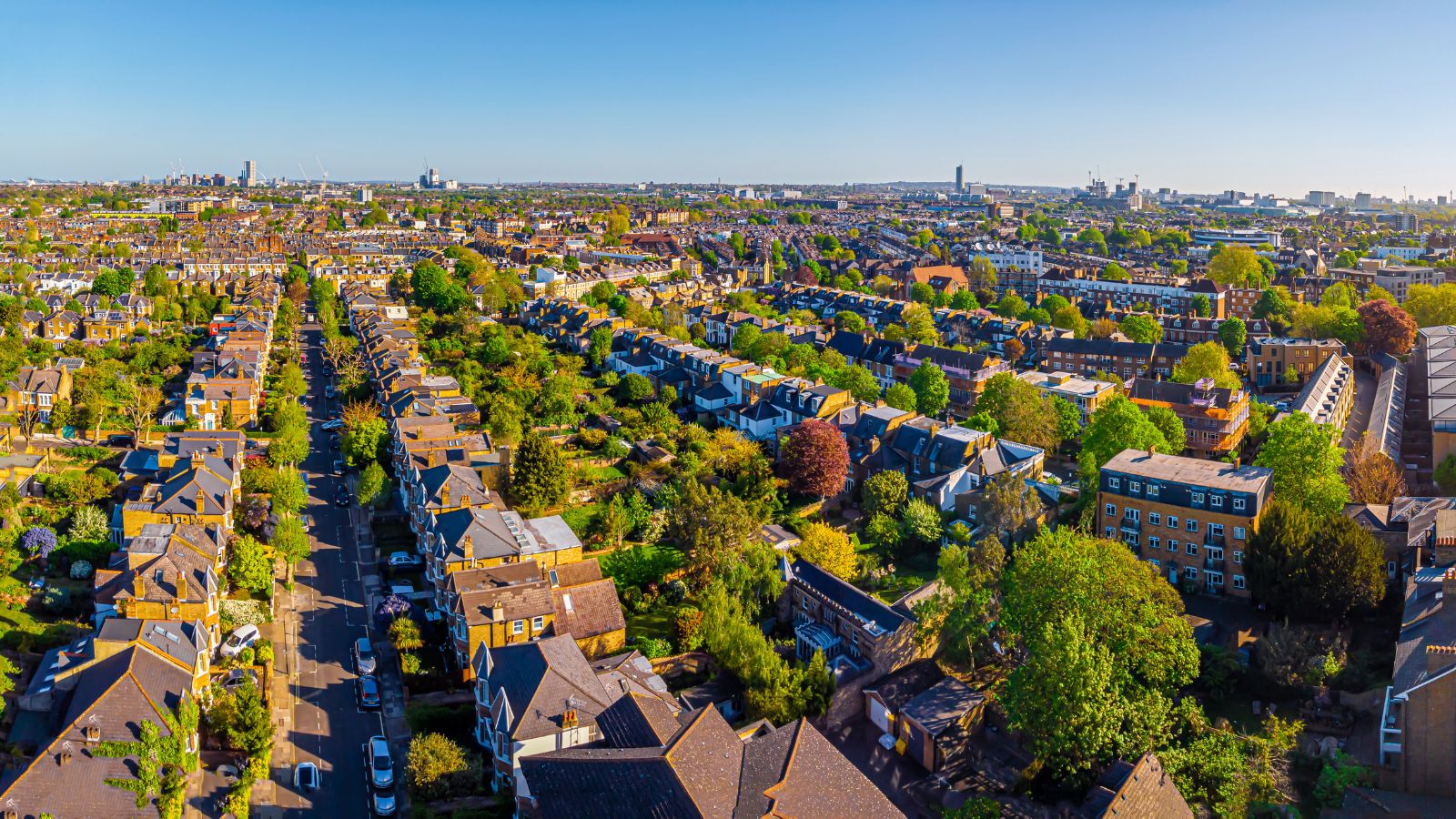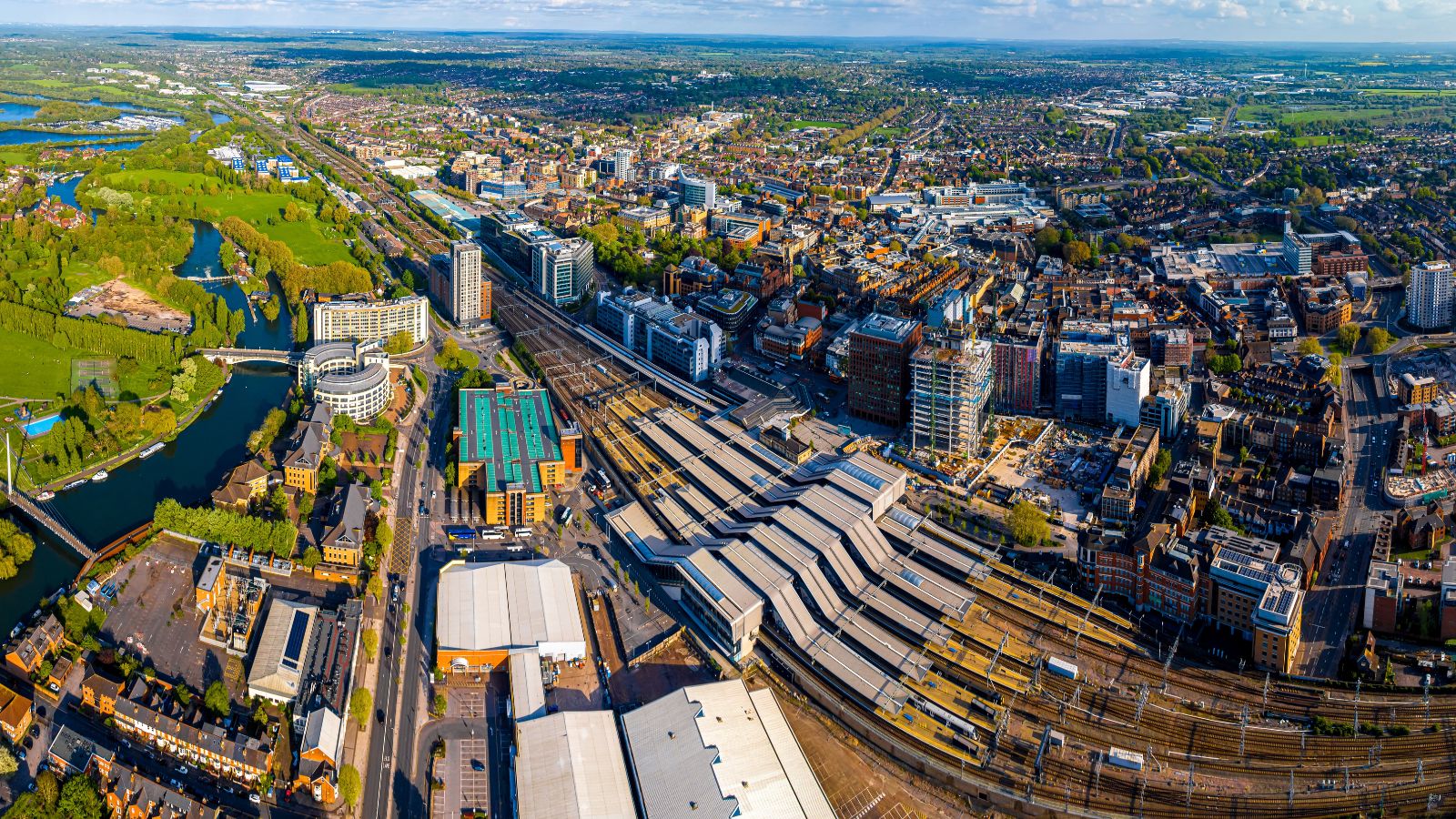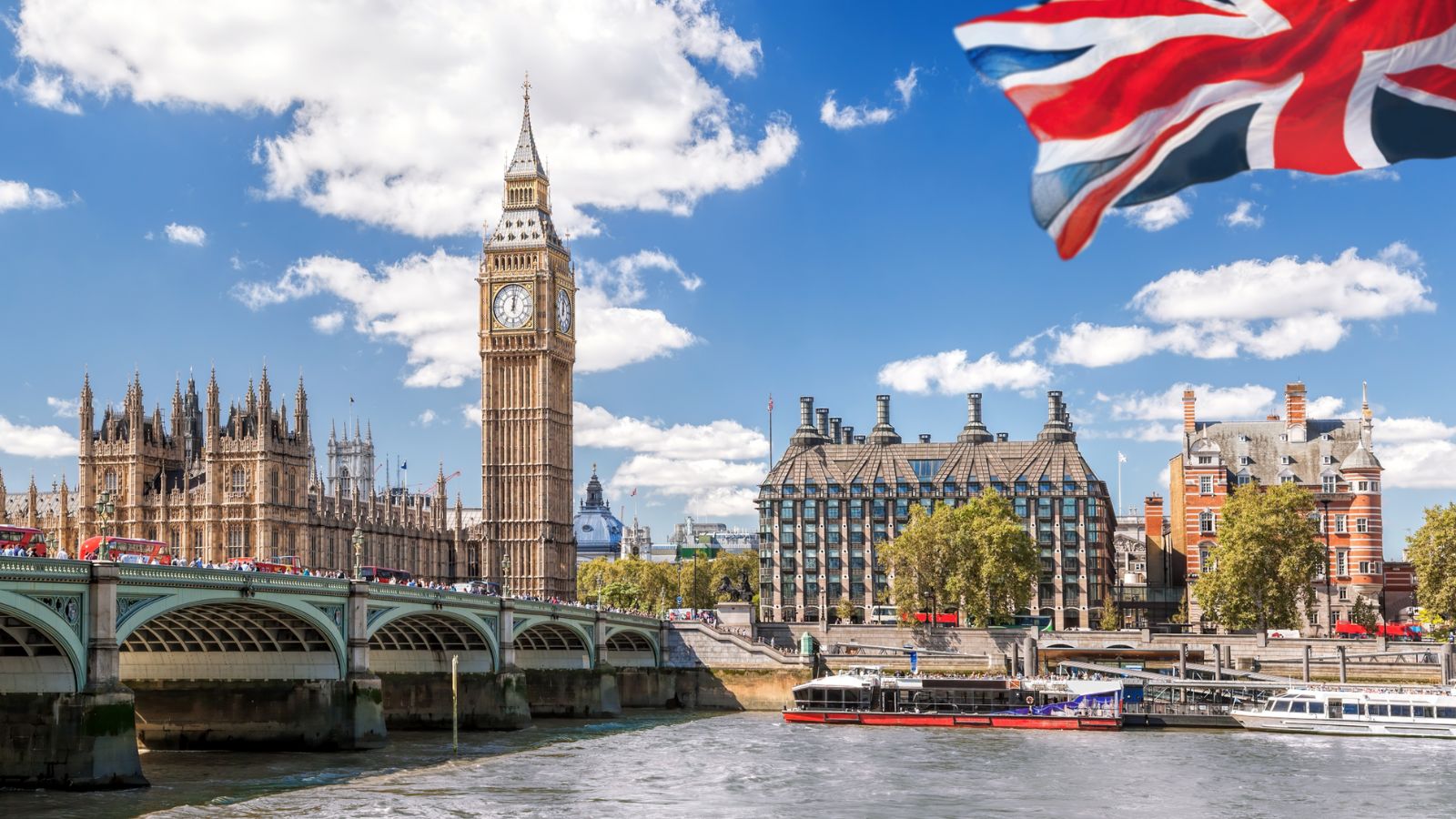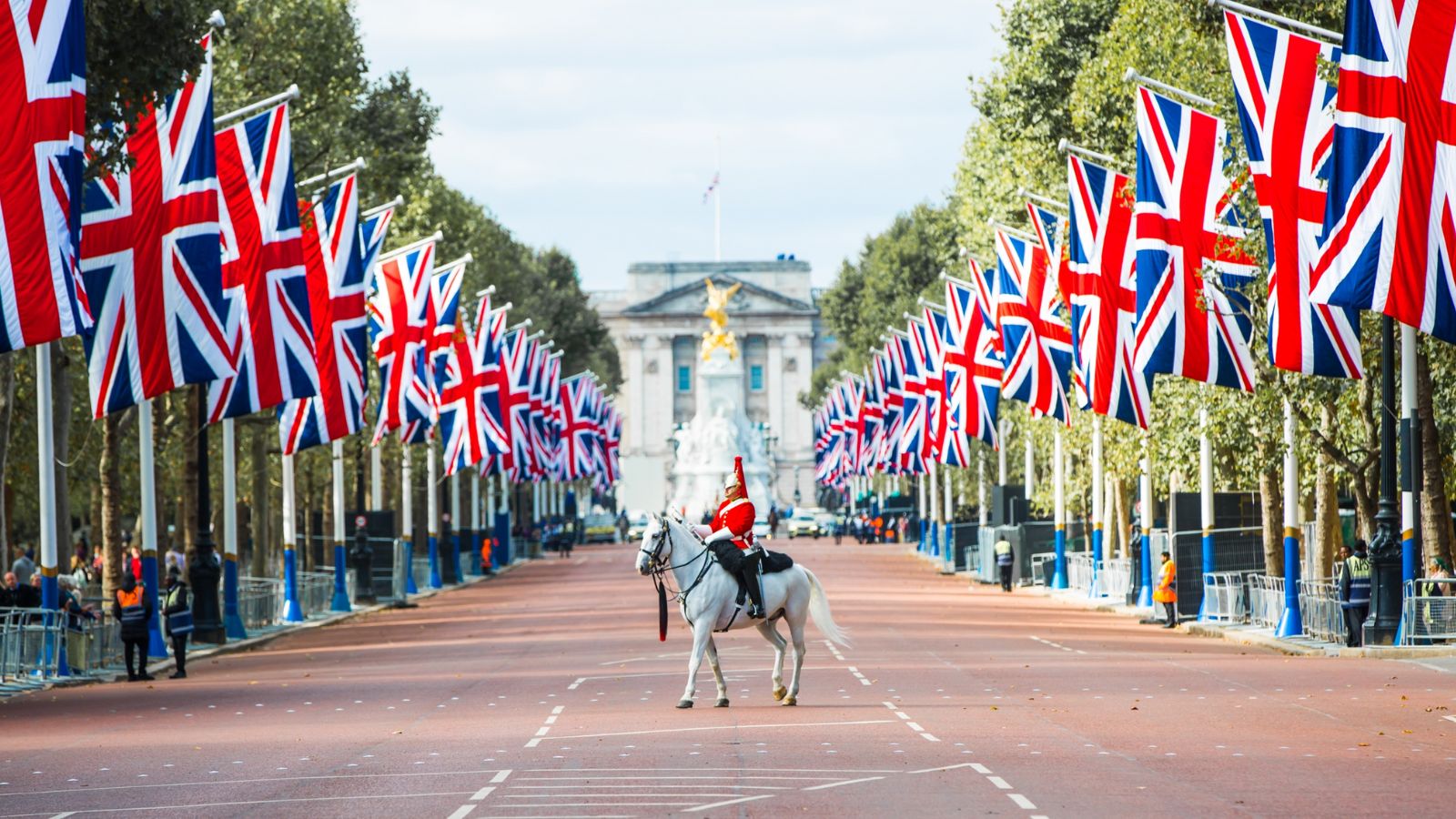Great Britain has a long and storied history, but recent developments have made many question whether the country still lives up to the “Great” in its name. The nation faces numerous challenges that have caused its reputation and influence to wane. In this article, we’ll explore 18 key factors contributing to Britain’s decline.
The Decline of British Industry

According to The Guardian, “factory owners say ministers have abandoned them to cope with a long recession.” The closure of factories and the outsourcing of production to other countries have eroded the industrial base that once made Britain an economic giant. Once a powerhouse of the Industrial Revolution, Britain’s manufacturing sector has significantly declined over the past few decades.
Political Instability

The last few years have seen unprecedented political turmoil in the nation. This includes the Brexit vote and the frequent changes in leadership within major political parties. The country has struggled to maintain a steady and cohesive direction. This instability has broken down public trust in the government.
Brexit and Its Aftermath

Brexit has been one of the most divisive and consequential events in recent British history. The decision to leave the European Union has had far-reaching economic, social, and political impacts. The uncertainty and challenges of negotiating trade deals and new relationships have strained the country’s resources.
Economic Stagnation

The economy has faced years of stagnation, with slow growth, rising inequality, and a cost-of-living crisis. The country’s productivity levels have lagged behind other developed nations, and many people are feeling the pinch as wages fail to keep up with inflation.
Austerity Measures

Implemented after the 2008 financial crisis, the government’s austerity policies have had lasting effects on the nation’s social fabric. Cuts to public services, welfare, and local government funding have led to increased poverty, homelessness, and a deterioration in public health and education.
The Housing Crisis

Britain is experiencing a severe housing crisis. A shortage of affordable homes is pushing many people into precarious living situations. House prices have soared beyond the reach of many young people, and the rental market is increasingly unaffordable.
Declining Influence on the World Stage

Once a dominant colonial power, Great Britain now struggles to assert itself in international politics. The loss of its seat at the EU table and its reduced role in global organisations have made it harder for Britain to shape global policies and defend its interests abroad.
The NHS Under Strain

The National Health Service (NHS), once the pride of Britain, is under immense pressure, thanks to chronic underfunding, staff shortages, and increasing demand. These have stretched the NHS to its limits. Waiting times for treatment have grown, and the quality of care has suffered.
Education System Challenges

Britain’s education system faces numerous challenges, including overcrowded classrooms, teacher shortages, and disparities in educational outcomes. The underfunding of schools and universities has affected the quality of education. There is growing concern about the widening gap between the best and worst-performing schools.
The North-South Divide

The economic and social divide between the North and South of England has grown more pronounced in recent years. While London and the South East have thrived, many parts of the North have been left behind. With higher unemployment rates, lower wages, and fewer opportunities, this regional disparity has fuelled resentment.
Social Unrest and Divisions

Seeing increasing social unrest and divisions, particularly in the wake of Brexit and austerity measures, Great Britain has seen the rise of nationalism, xenophobia, and political polarisation. These divisions have fractured the social cohesion that once characterised the nation, making it difficult for the country to unite behind common goals.
Environmental Challenges

This nation faces significant environmental challenges, including air and water pollution, loss of biodiversity, and the impacts of climate change. Despite some progress in renewable energy and conservation, the country has been slow to take decisive action on these issues, and the consequences of environmental neglect are becoming more apparent.
The Impact of Globalisation

Globalisation has brought both opportunities and challenges to Britain. While it has opened up new markets and cultural exchanges, it has also led to the erosion of traditional industries and local economies. The influx of global corporations and the dominance of multinational companies have made it harder for small businesses to thrive.
The Erosion of British Identity

As Britain grapples with its changing role in the world, there is growing concern about the erosion of national identity. The country’s multiculturalism, while celebrated by many, has also resulted in debates about what it means to be British, and the search for a new identity has left some feeling disconnected.
Ageing Population

The ageing population presents significant challenges for the economy and public services. With more people living longer, there is increasing pressure on the NHS, social care, and pensions. The workforce is shrinking, and the burden of supporting an older population is falling on fewer young people.
Decline in Public Trust

Public trust in institutions and leaders has declined sharply in recent years. Scandals, corruption, and the perceived disconnect between politicians and the public have eroded confidence in the government, the media, and other key institutions. This loss of trust has led to increased cynicism and a sense of disillusionment.
The Fragmentation of the United Kingdom

The United Kingdom itself is at risk of fragmentation, with growing calls for independence in Scotland, Wales, and Northern Ireland. The tensions between these nations and the central government in Westminster have intensified—particularly after Brexit—and the possibility of Scotland leaving the UK and the complexities of the Northern Ireland border issue are real threats to the union’s future.
Loss of Cultural Influence

Finally, Great Britain’s cultural influence, once a significant soft power asset, has also waned. British music, film, and literature continue to have a global audience, but the country’s cultural exports are not as dominant as they once were. The rise of other cultural powerhouses have made it harder for Britain to maintain its cultural leadership.







